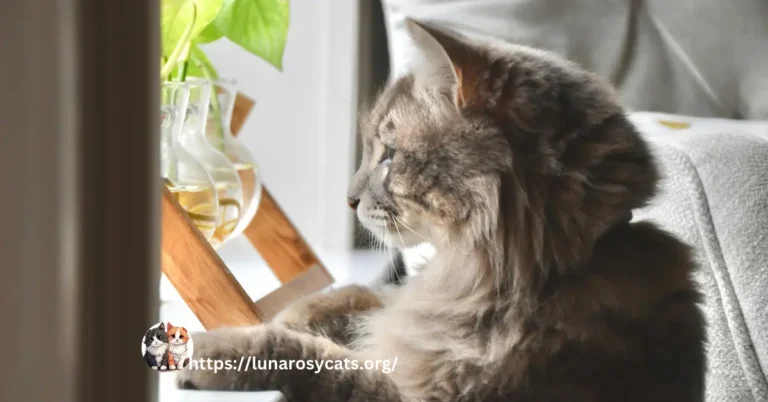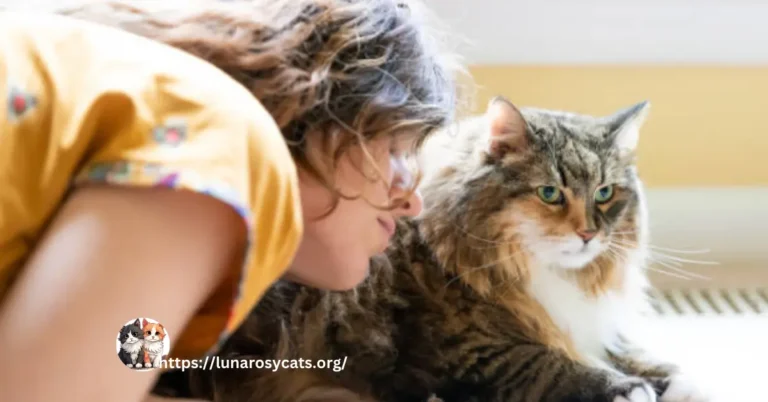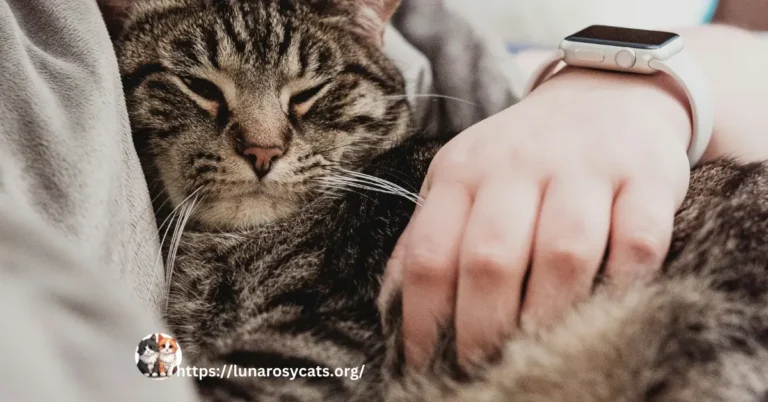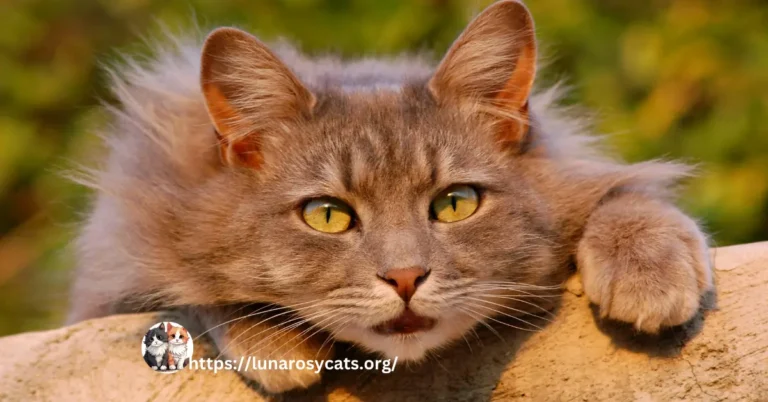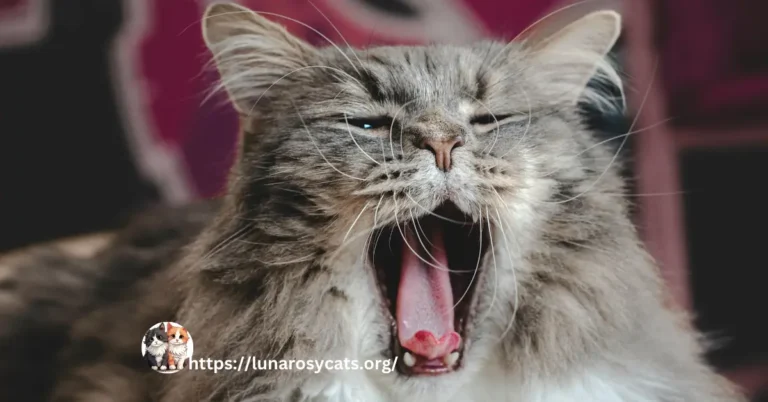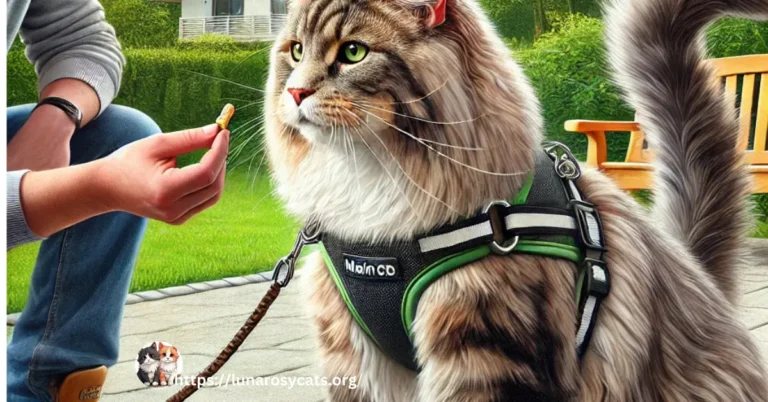How To Discipline A Maine Coon Cat In 2024: Fantastic Tips And Tricks Every Owner Needs To Know
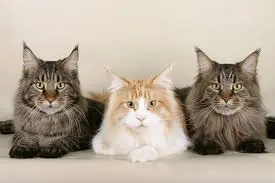
“Discover gentle, effective tips for disciplining your Maine Coon cat. Learn expert methods to correct behavior while strengthening your bond in 2024.”
In this article, we’ll cover everything you need to know about disciplining a Maine Coon cat, focusing on strategies that work with their friendly yet independent nature. We’ll guide you through common behavior challenges and offer solutions that ensure a peaceful home environment. From understanding their personality to using positive reinforcement, this guide will help you handle misbehavior gently and effectively, so you and your Maine Coon can enjoy a balanced, happy life together.
Understanding the Maine Coon Personality
Maine Coons are known for their friendly, intelligent, and curious nature. They are highly social and tend to bond closely with their owners. However, they can be a bit stubborn and independent, which can lead to some unique challenges when it comes to discipline. Knowing your Maine Coon’s personality traits can help you approach discipline in a way that respects their nature and reinforces positive behaviors.
Why Discipline Matters
Disciplining your Maine Coon is essential for both their well-being and a harmonious household. Proper discipline helps prevent destructive behaviors, promotes healthy habits, and ensures that your cat understands boundaries. However, disciplining doesn’t mean punishment; it’s about teaching and reinforcing positive behavior in a loving and consistent manner.
Effective Tips and Tricks for Disciplining a Maine Coon
1. Positive Reinforcement
- Reward good behavior with treats, toys, or praise. Maine Coons are motivated by positive feedback, so reinforcing what they’re doing right will encourage them to repeat those actions.
- Use rewards when they follow commands or respond well to instructions. This method is more effective than scolding, as it reinforces positive behaviors over negative ones.
2. Use Consistent Commands
- Stick to simple, consistent commands like “no,” “down,” or “off.” Using the same words helps your cat understand the action you’re requesting.
- Avoid using their name when disciplining them; this keeps their name associated with positive experiences rather than negative ones.
3. Redirect Unwanted Behavior
- If your Maine Coon scratches furniture or jumps on countertops, redirect their attention to an appropriate object like a scratching post or a designated cat tree.
- Gently pick them up and place them on the correct object, showing them the behavior you’d prefer.
4. Time-Outs for Severe Behavior
- For more serious misbehavior, like biting or scratching, give them a short “time-out.” Place them in a separate, quiet room for a few minutes. This gives them a moment to calm down without feeling overly punished.
- Make sure to limit time-outs to a few minutes, so they don’t feel isolated or fearful.
5. Avoid Physical Punishment
- Maine Coons respond poorly to physical discipline, which can damage their trust in you. Instead, focus on gentle correction techniques.
- Cats don’t understand physical punishment in the same way humans do, so it’s always best to use non-physical methods.
Common Behavioral Challenges in Maine Coons and How to Address Them
1. Scratching Furniture
- Provide scratching posts in various parts of the home and use cat-safe sprays on furniture to deter scratching.
- Reward your Maine Coon with treats when they use their designated scratching areas.
2. Jumping on Counters
- Discourage counter-jumping by placing double-sided tape on the edges; cats dislike the sticky texture. Redirect them to a nearby cat tree or perch to satisfy their desire for height.
3. Excessive Meowing
- Maine Coons are known for being vocal, so some level of meowing is natural. However, if it becomes excessive, check their environment for issues like hunger, boredom, or stress.
- Redirect excessive meowing by engaging them with toys or giving them attention when they’re quiet.
Conclusion
Disciplining a Maine Coon requires patience, consistency, and understanding of their unique personality. By using positive reinforcement, consistent commands, and gentle corrections, you can effectively manage their behavior without harming your bond. Remember that discipline is about guidance, not punishment, and with these tips, you’ll find a balanced approach that keeps both you and your Maine Coon happy.
FAQs
Q1: Can I train my Maine Coon to stop scratching furniture entirely?
Yes, by providing scratching posts and using positive reinforcement, you can reduce unwanted scratching. Some cats may still occasionally scratch, but consistent training helps.
Q2: How long should a time-out last?
Ideally, time-outs should last no longer than 5 minutes. Longer periods can cause stress and anxiety in cats.
Q3: What’s the best way to reward my Maine Coon?
Use treats, toys, or affectionate petting as rewards. Each Maine Coon may prefer different types of rewards, so observe what motivates your cat best.
With patience and these expert tips, you’ll be well on your way to a well-behaved Maine Coon who understands boundaries and feels loved and respected in your home.

